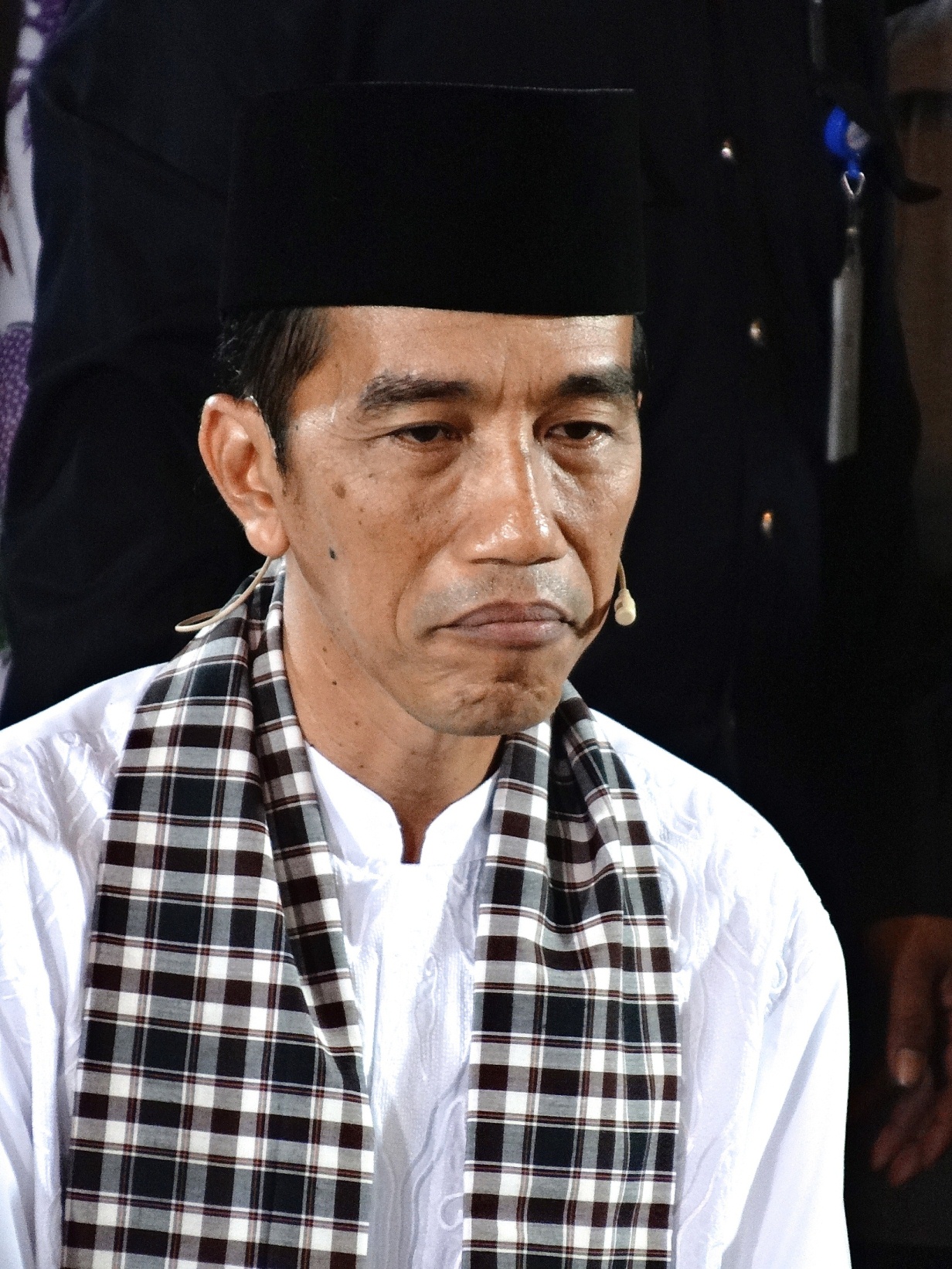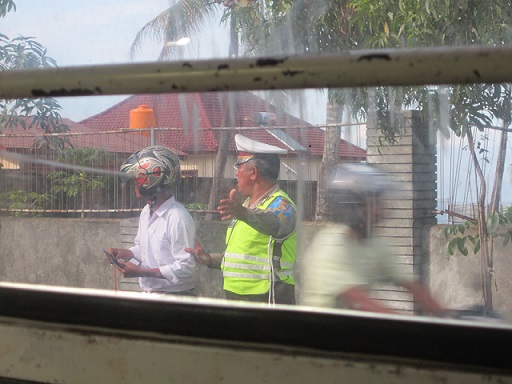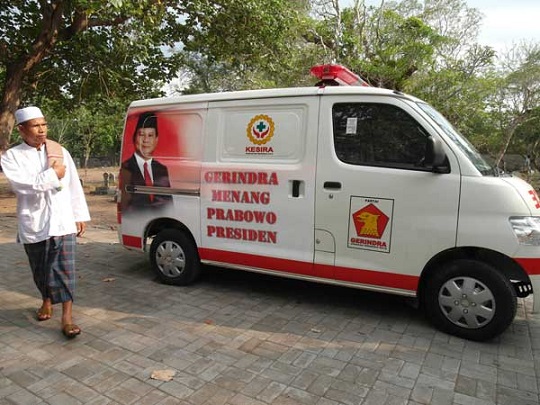Essay: How an American teenager became a Sahabat NOAH
22 December 2025by AANIKA I.
Essay: Would you fall in love with a railway station?
18 December 2025by NOANDHA DHEGASKA
Review: The collective deradicalisation of Jemaah Islamiyah
16 December 2025by KHALIMATU NISA
Essay: Shelter, not display
04 December 2025by DANKER SCHAAREMAN
Essay: Tracing the social life of a keris
17 November 2025by JULIANA KÖNNING
Essay: The day after the death of Affan Kurniawan
07 November 2025by RAHMADI FAJAR HIMAWAN
Mother Earth calling
05 November 2025by GERRY VAN KLINKEN
The economics of content creation
31 October 2025by WASISTO RAHARJO JATI
Book review: The power of consciousness
27 October 2025by RIQKO NUR ARDI WINDAYANTO
At the end of the beach
20 October 2025by JOSEF CHRISTOFER BENEDICT & CHRISTISIA NATALIA AGNES ABADI































